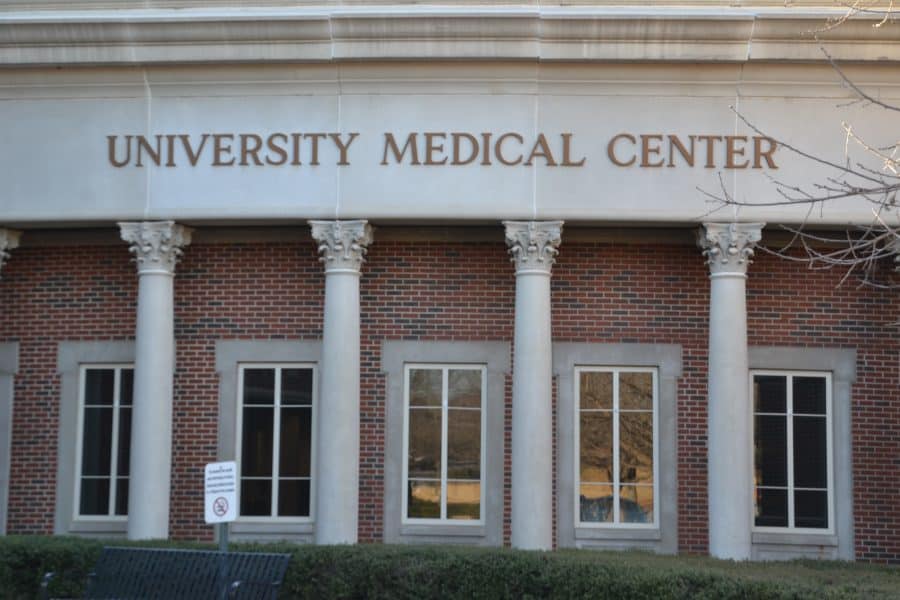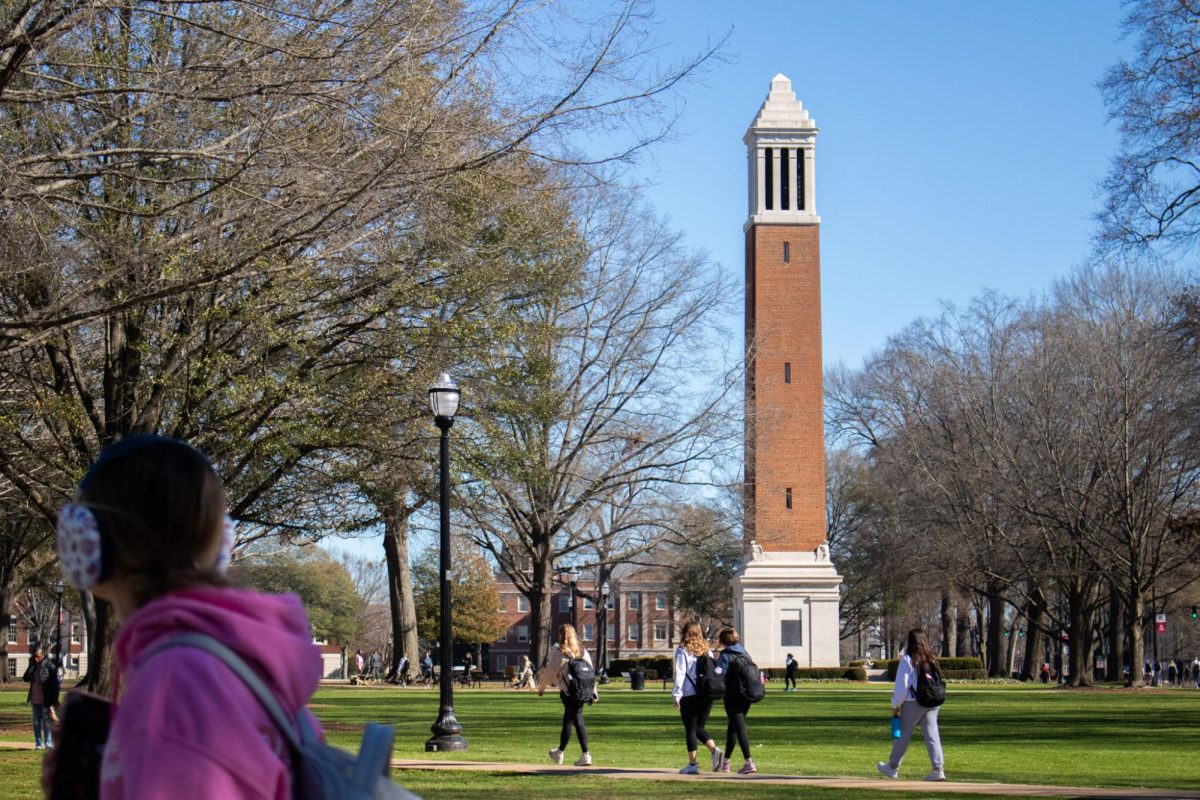After receiving its Patient-Centered Medical Home (PCMH) certification in December, the University Medical Center (UMC) at The University of Alabama joined the ranks of the 10 medical institutions in the state of Alabama with such a certification as of October 2017.
Upon certification, the National Committee for Quality Assurance (NCQA) said “[The UMC] practice is among the elite group that has demonstrated its commitment to advancing quality in health care.” The NCQA also provides a qualifying rank to PCMH medicine clinics ranging from level one to three, with one being the lowest. The NCQA gave the UMC’s family medicine clinic a level three ranking, and the pediatric clinic a level two.
Director of Communications for The University of Alabama College of Community Health Sciences, which operates the UMC, Leslie Zganjar highlighted the importance of UMC’s recent level-three certification given that many parts of Alabama are devoid of such medical resources. While a few of these facilities are available to citizens of West Alabama, citizens elsewhere are not as fortunate.
“[Having] a healthcare facility like UMC with this certification demonstrates our commitment to providing the best patient care possible,” said Zganjar. “It means that [the community] can go to one place and have … their needs met.”
Dr. Jane Weida, Director of Clinical Affairs, Family, Internal and Rural Medicine said she believes the shortage of PCMH facilities stems from a lack of financial resources, especially in the rural and small practices.
“It is very difficult for a small practice to achieve a PCMH certification,” said Weida. “We had a committee of about nine that met every other week for two years.”
Weida also said the numbers of man-hours required to achieve this status acts as another obstacle.
“It took thousands … of hours to do this,” said Weida. “A small practice that is working full time on patient care simply doesn’t have the time to do it.”
Weida said she hopes the federal government will begin paying these institutions in 2019, since there is a current lack of incentive behind achieving PCMH status as an Alabama medical center.
“In some areas of the country, doctors are getting paid more if they’re certified,” said Weida. “That’s not the case in Alabama yet.”
Despite the lack of incentive, Zganjar said more medical facilities are beginning to seek out PMCH certifications field-wide.
“This seems to be the way the practice of medicine is going,” said Zganjar. “I think the fact that we’re one of the few that have this certification speaks to our commitment and our mission of trying to meet the healthcare needs of the local community and the state.”
The newly recognized facility will serve Western Alabama cities in and around Tuscaloosa with a strong focus on primary care Zganjar said. One necessary aspect to primary care is preventing the problems before they happen.
“The model for healthcare now is not necessarily focused on prevention and wellness,” said Zganjar. “That’s our focus. What can we do to keep the population as healthy as we can?”
While the PCMH certification was given for the Tuscaloosa location’s family medicine and pediatric clinics, the UMC also provides internal medicine, sports medicine, obstetrics, gynecological care, psychological care, psychiatric care, neurological care, geriatrics and an on-site lab with X-ray capabilities.









